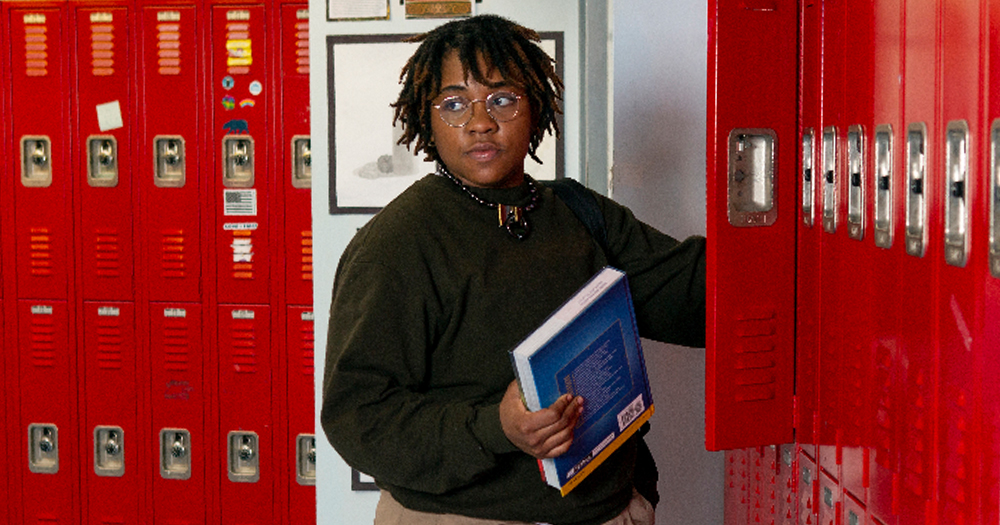Trans and gender diverse students feel isolated from accessing secondary level education due to discrimination and misinformation, according to a University of Limerick and TENI report.
In newly published research on educational inequalities, trans and gender diverse students reported that discrimination has negatively impacted their well-being and access to academics. They have faced key challenges regarding misnaming and misgendering, restrictive uniforms, bathroom accessibility, a lack of support, and staff prejudice.
One participant expressed, “I think what led me to actually being able to come out is I was just really tired of waiting for another day that I was gonna be confident. Because I knew it was gonna be hard either way, so I just decided to do it.”
The research was conducted in collaboration with Transgender Equality Network Ireland (TENI) and researchers based in the University of Limerick’s School of Education. Their report, The Post-Primary School Experiences of Transgender and Gender Diverse Youth in Ireland, follows 18 months of research, including workshops and over 50 interviews with transgender and gender diverse youths, parents, educators and stakeholders from education bodies.
During one of the workshops, a participant wrote, “The fact that there are absolutely zero talks or information given about gender identity and expression and the difference between them – so virtually most of the people are uninformed on the topic.”
Speaking about the report, Dr McBride shared, “The research findings suggest that transgender and gender diverse youth do not have equality of educational opportunity in Irish post-primary schools. The transgender and gender diverse youth we spoke to made a wealth of recommendations regarding the changes they believed schools needed to introduce to be supportive of transgender and gender diverse youth.”
Numerous trans and gender diverse students opened up about facing challenges after transitioning while attending secondary schools. They also shared that members of school staff would invalidate their gender identity after they sought support.
One participant in the report shared, “[The teachers in my previous school] wouldn’t discuss LGBT people at all, but especially not trans people.”
Health and Education Manager for TENI Vanessa Lacey stated, “TENI have been supporting young trans people in schools, their parents and the schools themselves for the last decade and are delighted to be associated with this research. The findings speak to the many challenges that young trans people experience in the school environment and we hope this report will instigate meaningful engagement between the Department of Education and key stakeholders. We are looking forward to being central to this process.”
New research by ourselves (TENI) and University of Limerick (UL) highlights the educational inequalities transgender and gender diverse youth face in school
settings. https://t.co/5vssdgcxb6— TENI (@TENI_Tweets) August 25, 2020
The report draws from the experiences of trans and gender diverse students to provide advice on areas which require further development. This includes addressing challenges brought on by bullying from classmates and barriers to sports.
Dr McBride said, “Transgender and gender diverse youth stressed the importance of school staff affirming transgender and gender diverse youth’s identity by using their preferred name and pronoun. There is also the need for proactivity at the level of national policy.”
“If this is achieved we can begin to reduce the educational inequalities transgender and gender diverse youth face and work towards ensuring they have equality of educational opportunity,” Dr McBride continued.
© 2020 GCN (Gay Community News). All rights reserved.
Support GCN
GCN is a free, vital resource for Ireland’s LGBTQ+ community since 1988.
GCN is a trading name of National LGBT Federation CLG, a registered charity - Charity Number: 20034580.
GCN relies on the generous support of the community and allies to sustain the crucial work that we do. Producing GCN is costly, and, in an industry which has been hugely impacted by rising costs, we need your support to help sustain and grow this vital resource.
Supporting GCN for as little as €1.99 per month will help us continue our work as Ireland’s free, independent LGBTQ+ media.
